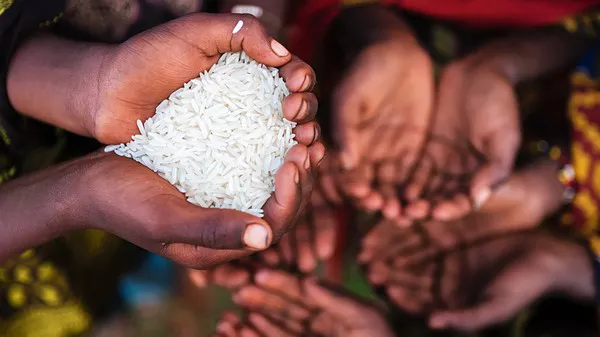Fearing Israeli airstrikes and grappling with a dire shortage of essentials, thousands of people are fleeing their homes in the besieged Gaza Strip. Among them is Mahmud al-Sarsawi, a 68-year-old man who has sought refuge with his grandchildren in a school-turned-bomb-shelter, where he relies on an oxygen tube for medical support. Mr. al-Sarsawi and around 70 others have found shelter in one of the 44 schools operated by the United Nations Relief and Works Agency for Palestine refugees (UNRWA), opened as emergency shelters. The conflict has already displaced over 20,000 people in Gaza, as intense fighting erupted following Hamas militants launching rockets and infiltrating Israel.
Israeli forces responded swiftly with air raids on Gaza, a densely-populated and impoverished territory where 2.3 million people reside in a small area. Israeli Prime Minister Benjamin Netanyahu warned residents of Gaza to evacuate certain areas, stating that Hamas hideouts would be targeted.
Tragically, in just two days, the violence has resulted in approximately 600 deaths in Israel and at least 370 in Gaza, as reported by officials from both sides.
Inside the makeshift shelter, Mr. al-Sarsawi’s family members, including 37-year-old Amal Al-Sarsawi, are still in shock after the relentless rocket attacks. They sit on sponge mattresses surrounded by limited supplies of cooking gas, canned food, and bags of clothes. Amal described their sleepless nights as they tried to console their frightened children.
Amidst the turmoil, Hamas reported the destruction of 13 towers and residential buildings, along with 159 individual residential units, while another 1,210 apartments suffered partial damage.
The UNRWA facility where the Sarsawi family has sought refuge, the New Gaza Boys School, has been transformed to accommodate hundreds of displaced individuals, with three families sharing each classroom. The situation is dire, with families trying to maintain some semblance of privacy by using clothing as makeshift screens.
Most of the displaced people originate from the eastern part of Gaza City and northern Gaza Strip. In one heart-wrenching scene, a woman who fled with 14 relatives from the north expressed her inability to afford milk for two small babies and revealed that they hadn’t eaten since the previous morning.
The United Nations World Food Programme has expressed deep concern over the impact of the conflict on civilians, especially those struggling to access essential food supplies. Panic buying has depleted food stocks, and people are lining up at bakeries to secure bread as explosions continue to resonate throughout the region.
Leila Saqr, a resident in an area targeted by the Israeli army, spent a harrowing night with her family and three children in the entrance of her building. She described how her children were frightened and screamed throughout the night, illustrating the profound psychological and emotional toll of the ongoing conflict.
The situation in Gaza remains extremely challenging, with civilians caught in the crossfire and facing a dire humanitarian crisis.

